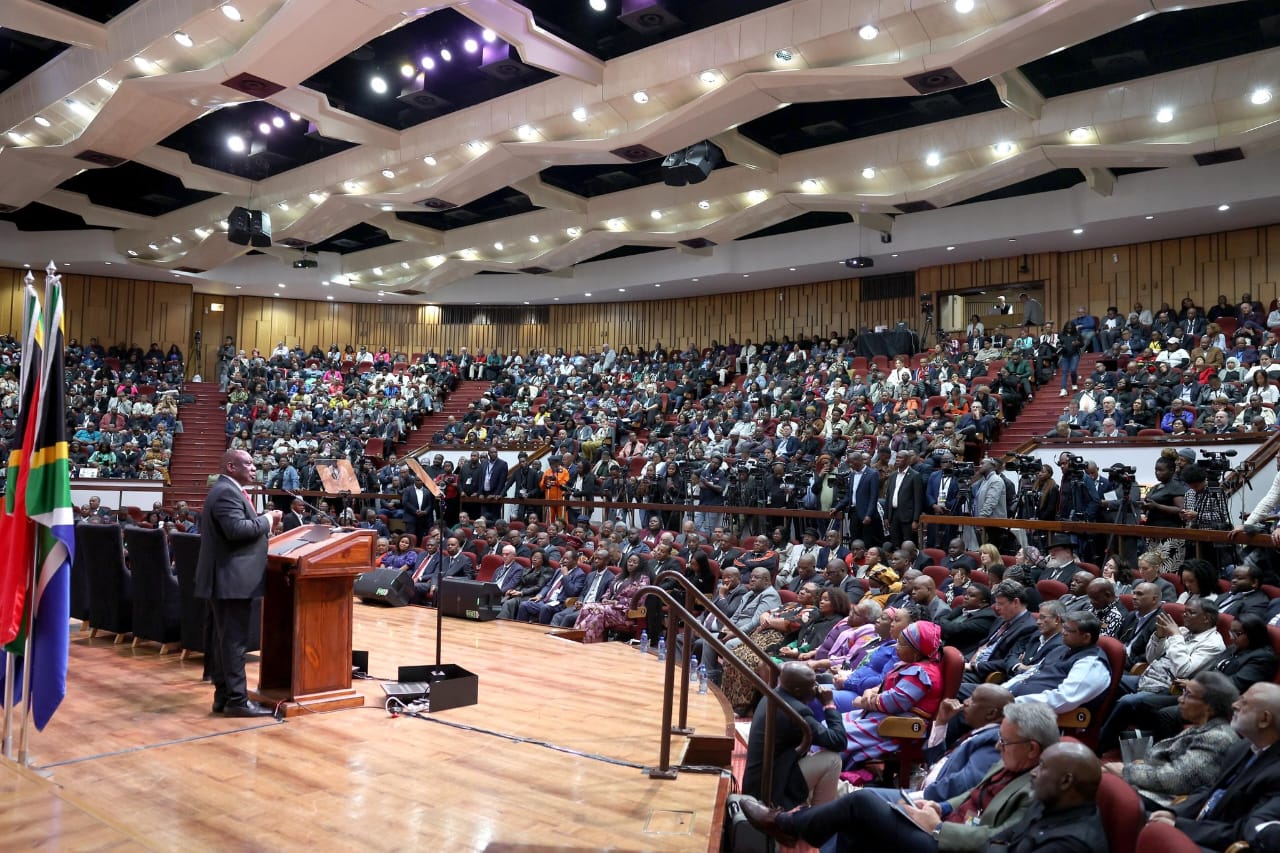
South Africa has opened its first-ever national citizens’ dialogue in Pretoria, a landmark event aimed at redefining the country’s democratic future.
The two-day convention, which began on Friday at the University of South Africa (UNISA), seeks to give ordinary South Africans a voice on some of the country’s most pressing challenges.
Authorities have described the initiative as “the opening of a new chapter in democracy.”
The gathering will tackle issues ranging from education, the economy, poverty and inequality, to gender-based and sexual violence, governance and social cohesion.
Recommendations from the convention are expected to guide a wider national dialogue planned in the coming months, as mandated by President Cyril Ramaphosa.
Despite the government’s determination, the convention has faced sharp criticism.
In the days leading up to its launch, seven prominent foundations — including those named after anti-apartheid icons Oliver Tambo and Desmond Tutu, as well as the Thabo Mbeki Foundation — withdrew from the organising team.
In a joint statement, the foundations said the convention had been arranged “in haste without a clear objective,” arguing that civil society had not been sufficiently consulted. They urged authorities to postpone the event until October.
The government rejected the appeal. President Ramaphosa insisted that “the National Convention must take place so that the South African people can take ownership and control of the National Dialogue.”
Boichoko Ditlhake, chair of the organising committee, downplayed the withdrawals, saying: “The departure of the various foundations will not impact the National Convention. However, it shows us once again that at this historic moment for South Africans, we must strengthen our ability to talk to each other.”
The opposition Democratic Alliance has refused to participate, criticising the costs of the convention and questioning its ability to deliver meaningful outcomes.
But for many young South Africans, the dialogue offers a rare opportunity to channel frustrations into concrete proposals. With the nation still grappling with corruption, organised crime, gang violence, persistent poverty and recurring incidents of racism, expectations remain high that the process could lay the groundwork for much-needed change.



